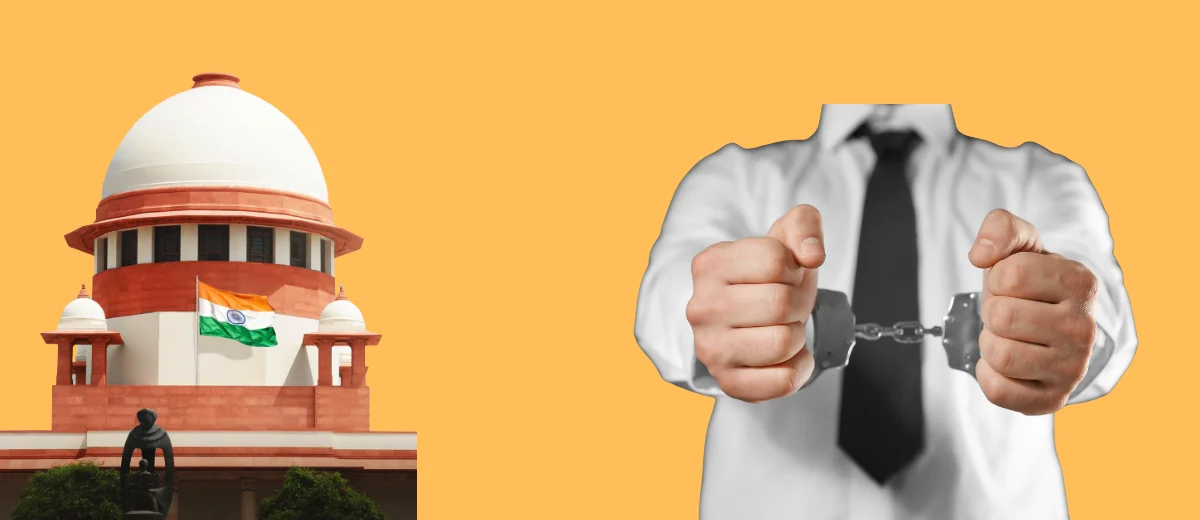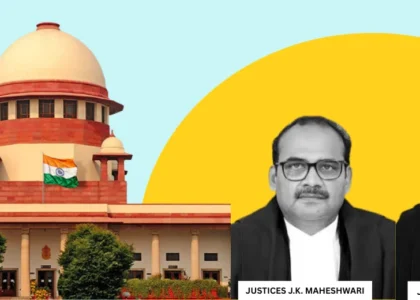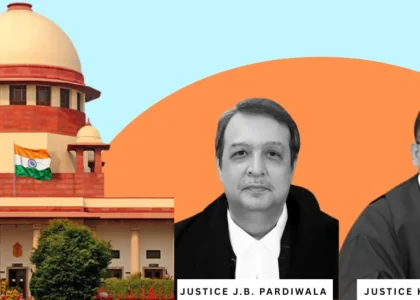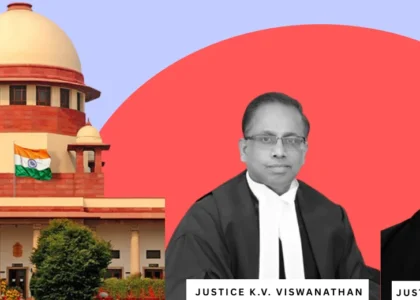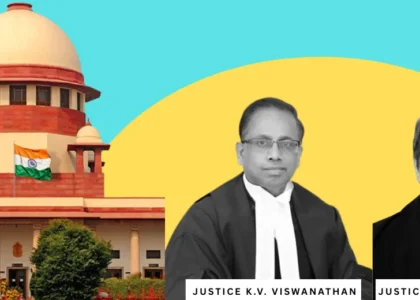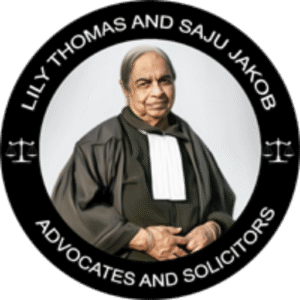Case Title:- MIHIR RAJESH SHAH vs, STATE OF MAHARASHTRA AND ANOTHER
Citation:- 2025 INSC 1288
Date:- 06.11.2025
Hon’ble Supreme Court Bench:- CJI B.R. GAVAI & JUSTICE A.G.MASIH
The Hon’ble Supreme Court recently extended the requirement of providing the grounds of arrest in writing to apply to all offences under the IPC/BNS, and not just to cases arising under special statutes like the PMLA or UAPA.
- The Court said this requirement comes from Article 22(1) of the Constitution, it is a fundamental right of every arrested person. Not giving written reasons violates Article 21, which protects the right to life and personal liberty.
- If the police fail to give the written grounds of arrest in a language the person understands, the arrest and subsequent remand will be illegal. If the crime happens in front of a police officer or during an emergency, the officer can first inform orally, but must still provide written grounds later.
- The written copy of the grounds must be given within a reasonable time, and no later than two hours before the person is produced before a magistrate for remand.
- The Hon’ble Court clarified that if the written grounds are supplied later (within the two-hour limit), the arrest will not be considered illegal under Section 50 CrPC (now Section 47 BNSS).
- The Hon’ble Court concluded:
- The constitutional mandate of informing the arrestee the grounds of arrest is mandatory in all offences under all statutes including offences under IPC 1860 (now BNS 2023);
- The grounds of arrest must be communicated in writing to the arrestee in the language he/she understands;
- In case(s) where, the arresting officer/person is unable to communicate the grounds of arrest in writing on or soon after arrest, it be so done orally. The said grounds be communicated in writing within a reasonable time and in any case at least two hours prior to production of the arrestee for remand proceedings before the magistrate.
- In case of non-compliance of the above, the arrest and subsequent remand would be rendered illegal and the person will be at liberty to be set free.
- The Hon’ble Court ordered that the judgment be sent to all High Courts and State Governments for immediate implementation so that police and magistrates follow it strictly.


